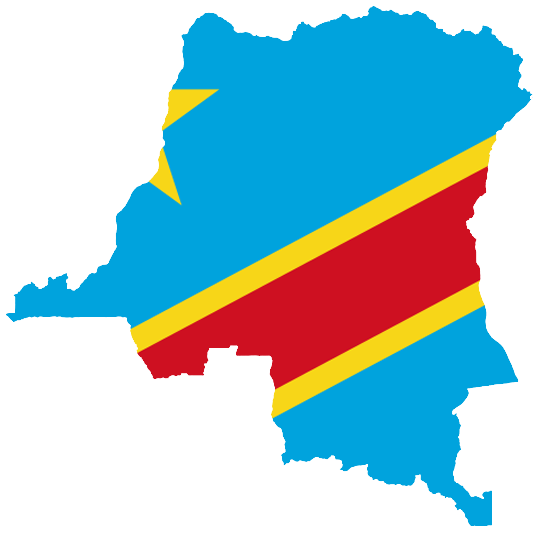On October 20th, 2020, the Islamic State (IS) claimed responsibility for a prison break that freed 1300 prisoners from a jail in Beni, a city in the eastern part of the Democratic Republic of the Congo (DRC). The assault targeted the Kangbayi central prison and the military camp defending it. Modeste Bakwanamaha, the mayor of Benin, said only 100 prisoners remained after the attack, although 20 others later returned. Two prisoners were reportedly fatally shot during the raid.
While IS has claimed responsibility, it is unclear how much involvement the group had in the attack. Mr. Bakwanamaha has said the responsibility for the attack lies with the Allied Democratic Forces (ADF). The ADF is a Ugandan group that has been active in eastern Congo for decades and has killed more than 1000 civilians since the start of 2019. There is evidence of financial linkages between IS and the ADF, although the UN has not found conclusive evidence of a direct connection between the two groups.
If IS is discovered to have played a role in organizing this attack, it would be a frightening development in the terrorist group’s expansion into central Africa. While the group’s presence in regions like the Sahel is well known, its expansion into the DRC is relatively recent. In 2019, IS’s news agency claimed its first-ever attack in the DRC, saying its militants attacked military barracks in the Beni area, killing 8 people. Similarly to this most recent incident, Congolese authorities placed the blame on the ADF.
The Congolese state’s weak presence in many areas in the east combined with the almost 100 armed groups who operate in the country provides the perfect vacuum for IS to step into. IS once again seems to be replicating its strategy of partnering with local groups to increase its influence in places where it does not have a physical presence. This attack bears a striking resemblance to the group’s siege of an Afghan prison in August of this year, which killed 40 people and freed over 400 inmates.
This attack also highlights the inability of the DRC’s government to contain the insurgent groups operating across the country. Felix Tshisekedi, who won an election last year that was widely seen as rigged, has so far been unable to stem the violence. According to a UN estimate, around 1300 people were killed in the provinces of Ituri, North Kivu, and South Kivu in the 8-month period ending in June. Last year, the government launched a large-scale offensive against the ADF, which just resulted in the group abandoning its bases and splitting into smaller more mobile groups while retaliating against civilians.
The attack also threatens to jeopardize a cease-fire signed in September of this year. Around 70 armed groups in South Kivu province agreed to a cessation of hostilities with the Congolese government in the agreement. While the attack on the prison took place in the province of North Kivu, the same armed groups operate in both provinces. If the government decides to respond forcefully to this attack, the armed groups may decide to renege on their cease-fire. That prospect along with the expansion of IS in the region will mean peace in the DRC will continue to be a distant goal for the foreseeable future.
- UN Peacekeepers Killed In The CAR - January 7, 2021
- Protestors in Guatemala Set Fire to Congress Over Unpopular Budget - December 3, 2020
- Violence Erupts After Disputed Guinean Election - November 23, 2020


